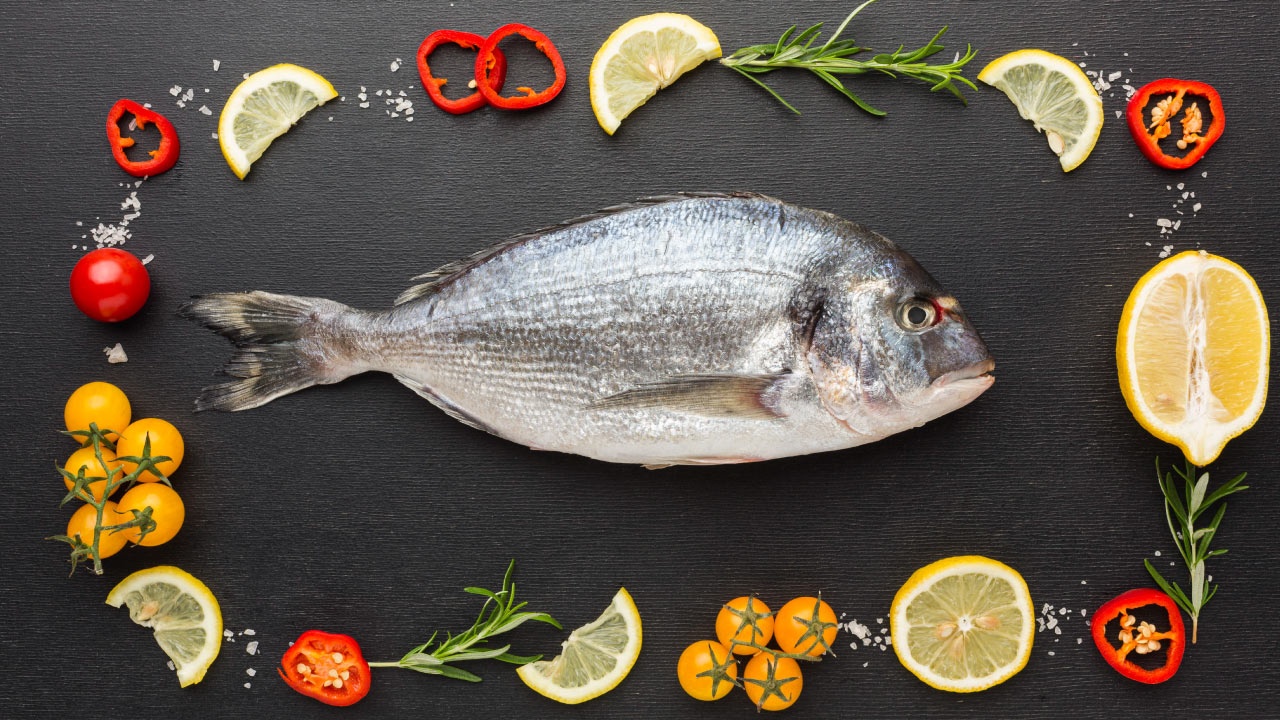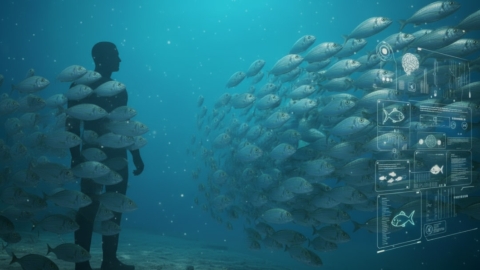
An international team of researchers has demonstrated that using innovative, more sustainable and environmentally friendly feeds is viable in organic seabream aquaculture without compromising fish growth, health or welfare. This is the main conclusion of a study led by Lola Toomey and Sébastien Alfonso from Fondazione COISPA ETS, Italy, recently published in the Journal of the World Aquaculture Society.
The researchers set out to assess an experimental diet where 51% of the fishmeal was replaced with alternative plant in animal protein sources, including fermented soya, pea protein, krill meal, squid meal and yeast. “The innovative feed showed promising results for organic seabream aquaculture, although further long-term research will be needed to explore the underlying causes of the observed immune changes,” the authors explain.
After a 135-day trial, seabream fed the innovative diet showed similar survival rates, specific growth rates (SGR) and feed conversion ratios (FCR) compared to those fed a standard commercial organic feed. Moreover, multi-parameter and multi-criteria decision analysis indicated that overall welfare and health status were actually better in the fish receiving the new diet.
In terms of physiological indicators, no significant adverse effects were observed in haemoglobin levels, haematocrit, or cortisol. Although blood lactate levels were slightly higher in the innovative diet group at the end of the trial, the researchers noted that this did not compromise the general welfare of the fish.
At the immunological level, seabream fed the innovative diet exhibited higher levels of total proteins, alpha-1 and beta-1 globulins, and immunoglobulin M (IgM), suggesting a potentially stronger innate immune response.
Finally, swimming activity, monitored using implanted accelerometers, revealed between the diet groups, mostly occurring towards the end of the day.
The study involved leading institutions such as the Université Côte d'Azur (France), the Istituto Zooprofilattico Sperimentale delle Venezie (Italy), IRIDA S.A. (Greece), Aristotle University of Thessaloniki (Greece) and IFREMER (France). Funding was provided by the European H2020 project FutureEUAqua.


